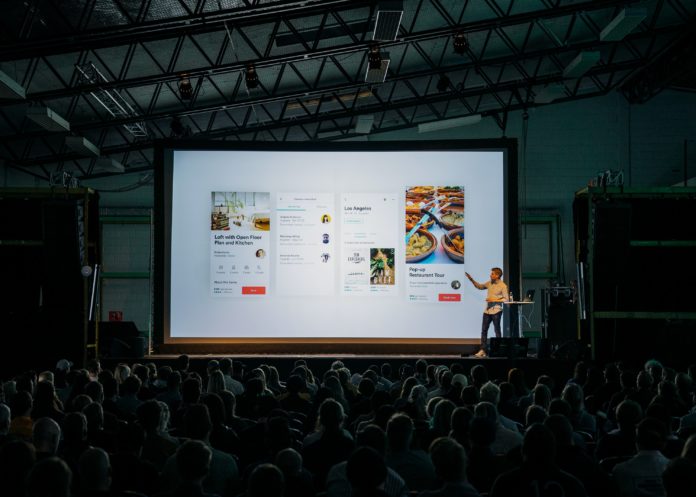Integral Ad Science released the sixteenth edition of the Media Quality Report, highlighting brand safety, ad fraud, and viewability trends across display, video, mobile web, and in-app advertising. This provides transparency into the performance and quality of APAC digital media, alongside global comparisons.
Key insights from the report include:
Desktop display ad fraud rates reached the highest level worldwide in Singapore
Global ad fraud rates rose across all formats and environments in H2 2021. Desktop display ad fraud rates were highest in Singapore at 4.1%. The second highest fraud rate was posted by Vietnam (2.6%) with Japan also at 2.6%, and Indonesia at 0.7%.
India was the only market in the region that saw ad fraud rates reduce on desktop display to 1.1%. While the worldwide optimised-against-ad-fraud were 1.4%, the non-optimised ad fraud rates could be as high as 10.7%.
Programmatic buys across all display channels in India, Indonesia, and Vietnam had lower ad fraud rates as compared to publisher direct buys.
The application of pre-bid solutions offers additional protection against ad fraud when transacting ads programmatically. For desktop video, Australia reported the highest ad fraud rates globally, at 2.9%
Globally, mobile environments remained safer than desktop, with optimised-against-ad-fraud rates hovering steadily at 0.5% or below for both display and video ads worldwide.
In APAC, Japan posted the highest ad fraud rate on mobile web display of 1.5%, down from 2.7% year-on-year (YoY), while Singapore and Vietnam experienced an uptick in optimised-against-ad-fraud rates for mobile web display to reach 0.8%.
Indonesia mobile web display ad fraud rates reached 0.2%. On mobile web video, Australia posted a reduction in ad fraud rates to 0.4%.
Brand risk reduces to historic low levels across all environments aided by context-based strategies
Brand risk rates dipped to historically low levels in H2 2021. This shift was powered by the growing adoption of sophisticated contextual solutions, increasing privacy regulations, and the positive impact contextual alignment brings to the consumer advertising experience.
India, New Zealand, and Australia experienced the lowest risk levels for display ads, each boasting annual reductions of 1.5 percentage points (pp) or more. On desktop display, Indonesia reported a sharp decline to reach 0.9% brand risk and a 14.7pp reduction to 1.3% on mobile web display. Singapore reported a brand risk level of 1.0% from 2.4% YoY for desktop display.
Programmatic inventory on desktop display had higher brand risks than publisher direct in the APAC markets analysed, highlighting the importance of having a pre-bid and post-bid strategy in place to protect brand reputation.
Emerging digital advertising markets posted stronger viewability performance
Some of the most robust increases in display viewability came from emerging digital advertising markets, suggesting a continued reliance on display advertising as locally produced premium video content remains limited.
India and Indonesia saw mobile app display viewability rise 9.5 and 7.3 pp, respectively.
In APAC, Australia led the desktop display viewability levels (72.4%), followed by New Zealand (66.6%), Indonesia (65.8%), Singapore (65.0%), Vietnam (64.7%) with India (59.5%), and Japan (53.5%) registering the lowest viewability levels globally.
Mobile web display viewability jumped notably in Vietnam (+6.2pp) and Indonesia (+4.6pp). Mobile app display advanced the most of any format, reaching a global viewability average of 77.6%. Viewability on mobile app environments has also benefited from increased adoption of the IAB Tech Lab’s Open Measurement SDK, a common code, and libraries for facilitating third-party access to measurement data.
Laura Quigley, SVP APAC at IAS said, “It’s heartening to see improved digital media quality performance from emerging markets in the APAC region. Publishers are reviewing the inventory and re-designing their sites to deliver higher attention and viewability for clients as well as implementing a strategy to target away from risk and reduce fraud.
This is leading to an increase in quality inventory. On the buy-side, advertisers must have robust pre-bid and post-bid strategies and deploy verification solutions to make sure that direct and programmatically traded impressions are protected and optimised to provide maximum impact and ROI.”














